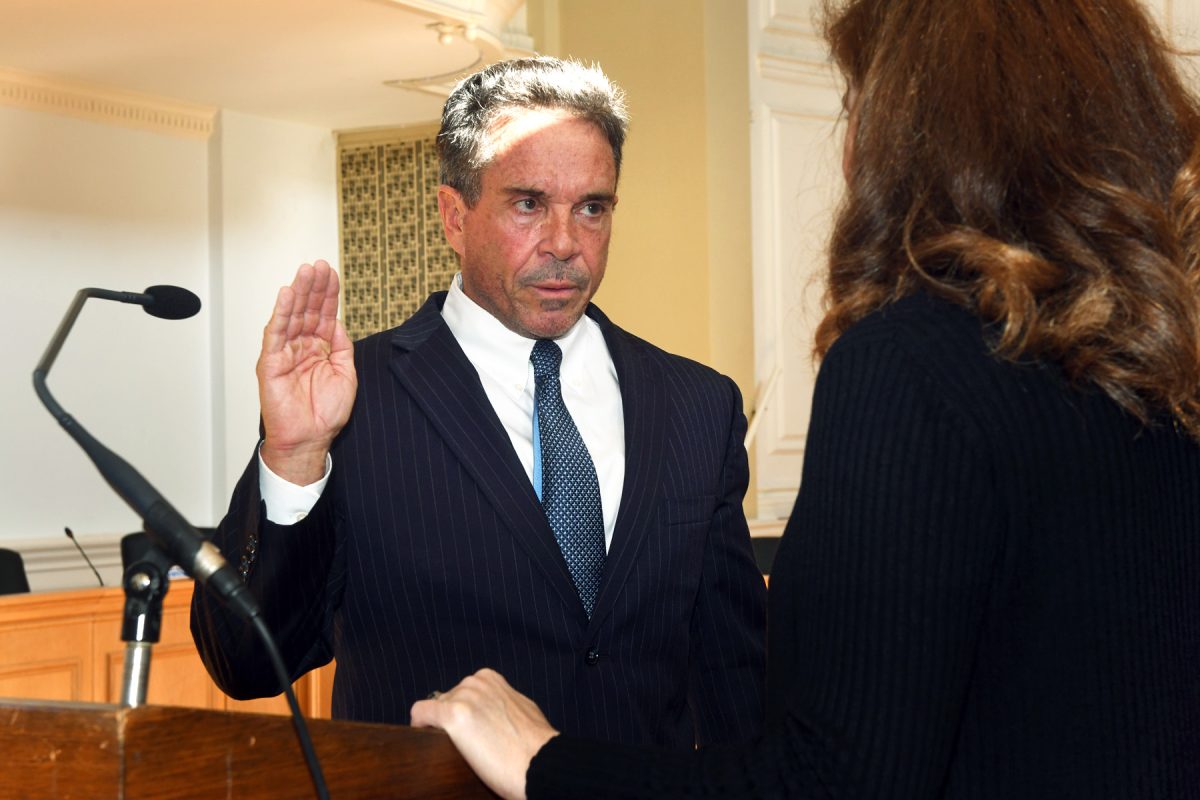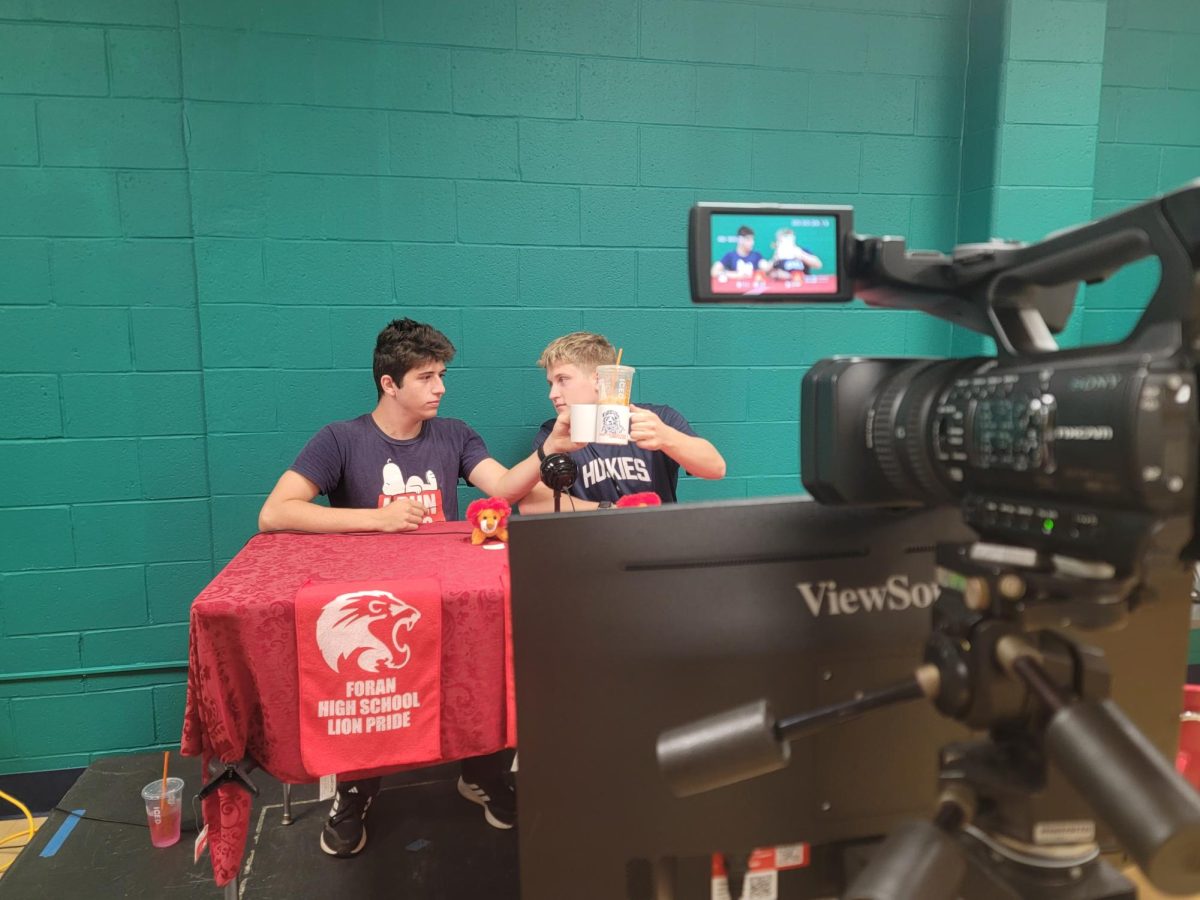
Every year, when the calendar rolls over to January 1, millions of individuals around the world embrace their chance for a fresh start. One of the most popular ways people address this opportunity is with New Year’s resolutions.
A New Year’s resolution is a promise or a goal that millions of people create for themselves to accomplish in the following year.
This is a tradition that many people find helpful for reflecting on the past year and considering things they’d like to work on or try in the future.
Resolutions give hope and motivation for people to look toward the upcoming months. For students, this can be an especially significant activity.
Tips For Fulfilling Resolutions
The start of a new year feels like a clean slate, the idea of leaving behind bad habits to build new, more positive ones.
School counselor Mr. Jakob Rosengrant agrees that this could mean committing to study more, waking up earlier, or even trying a new hobby. One of the biggest pitfalls in making resolutions is setting goals that are too broad or unrealistic.
Rosengrant states, “Specifically for myself, I find myself forgetting to set actionable goals that are driven by a process and not by results. Too often, I will feel defeated because I focus on the results; which are never instantaneous, and overlook the process and the progress made along the way.”
Studies indicate that resolutions such as “I will get straight A’s” or “I will work out every day” sound wonderful in theory but can be overwhelming and difficult to measure in a very short period of time.
Instead, it’s helpful to break larger goals into smaller, more manageable steps. For example, rather than committing to a perfect GPA, aim for gradual improvements in specific subjects by creating a study plan or setting weekly targets.
People can also try tackling their goals according to a shorter calendar. Instead of a whole year, they can consider smaller time periods. Forbes magazine last year suggested, “Take the year in small chunks. Make a 30-day goal, a 90-day goal and a six-month goal. Get creative with your goal-making. Identify something you want to leave behind in 2023. Keep track of your success.”
For fitness, online sources suggest that instead of exercising every day, people should try committing to 20-minute workouts three times a week, then gradually increase intensity over time.
Another key to achieving resolutions is accountability, according to the blog Applied Fitness Solutions.
“Even the most self-disciplined among us can use some external accountability,” the site states. “It provides that extra layer of attention, motivation and commitment to get us through those dark moments where we want to give up on our goal.” Sharing goals with a friend, family member, or even a teacher can help maintain motivation, the blog writers suggest.
In addition, tracking progress is essential. National Public Radio (NPR) says there’s sometimes a gap between goals and actually accomplishments.
“One way to help chip away at this gap,” their writers say, “is to make time each day to track what you’ve achieved.” The non profit radio cites a study, published by the American Psychological Association, which they say finds that “people who regularly monitor their progress are more likely to succeed.”
These tips may be some that Foran High School students tap into as they set their resolutions for 2025.
Foran High school Senior Nick Salvador may use them to achieve his goals, which include, he says, “To start coming into school on time by waking up earlier and going to sleep earlier the night before.”









